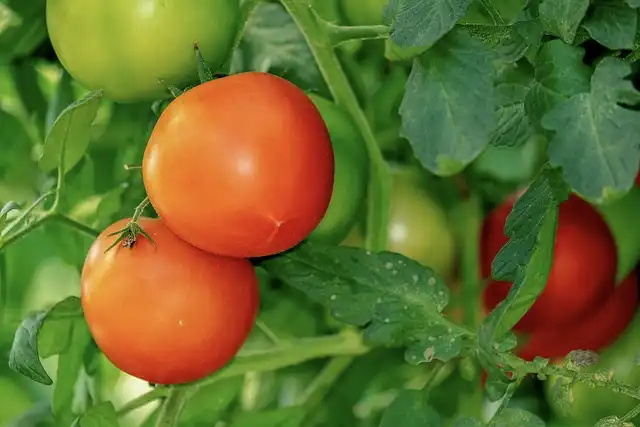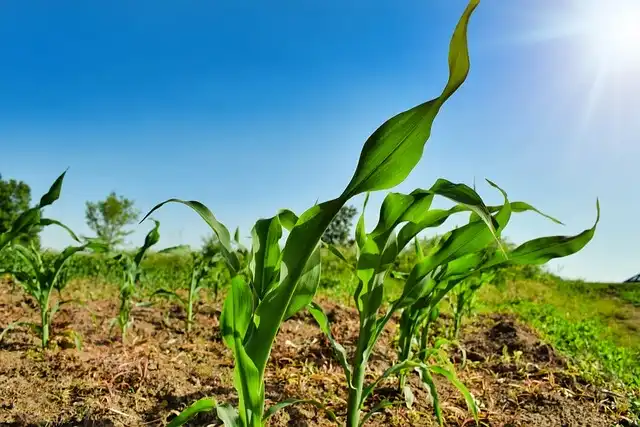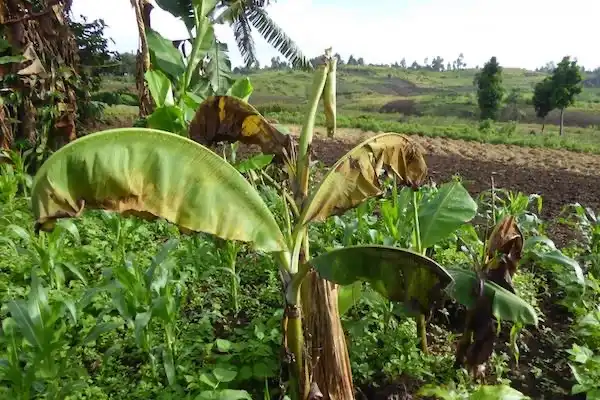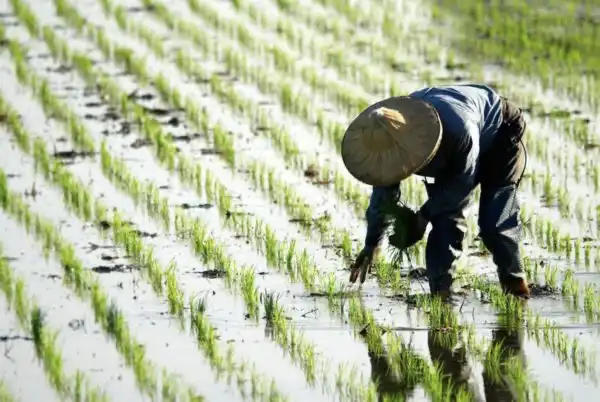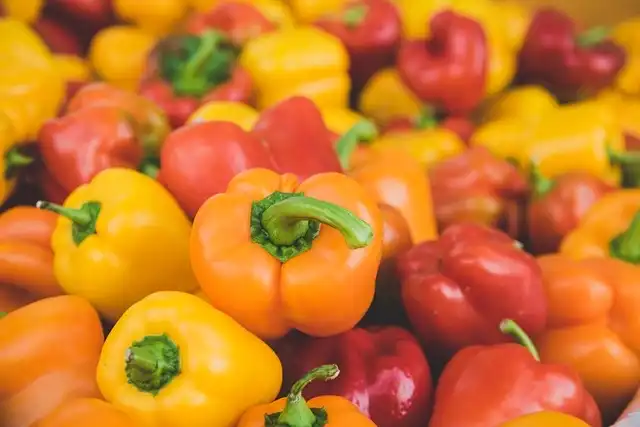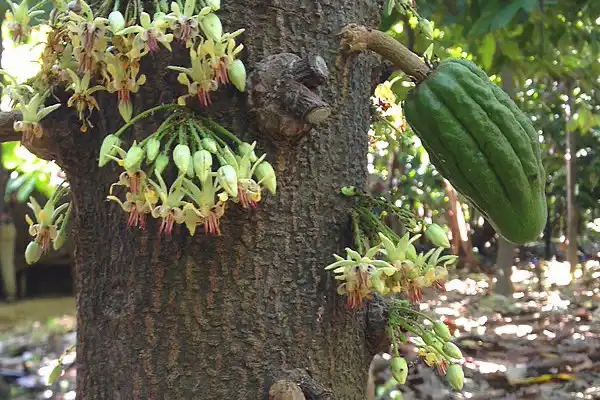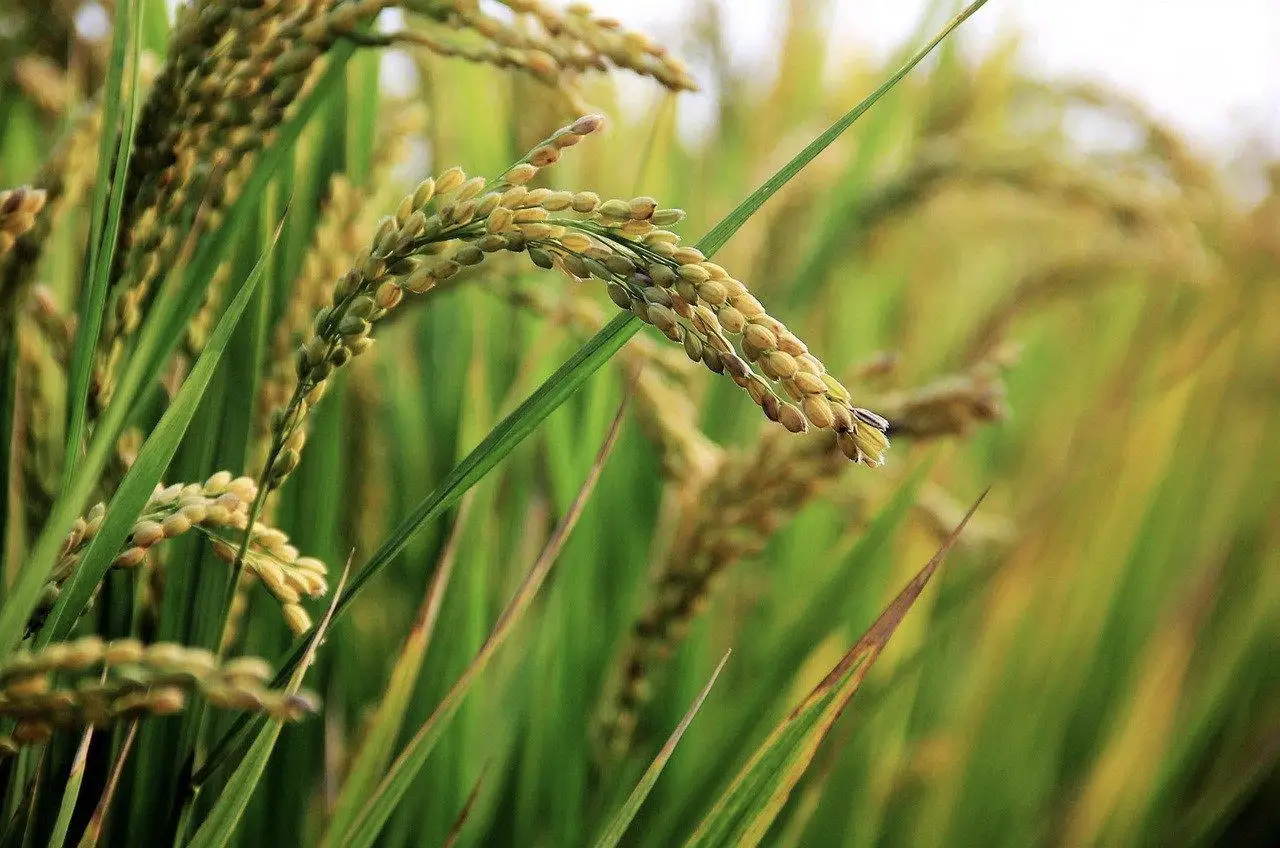
As the world focuses on not only solving the climate crisis but also sustaining the world’s food supply, researchers need tools to evaluate how atmospheric pollutants affect crops. Over the past decade, the agriculture community has turned to solar-induced chlorophyll fluorescence (SIF) measurements to detect stresses on plants.


